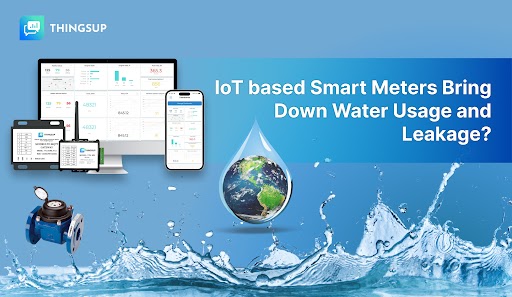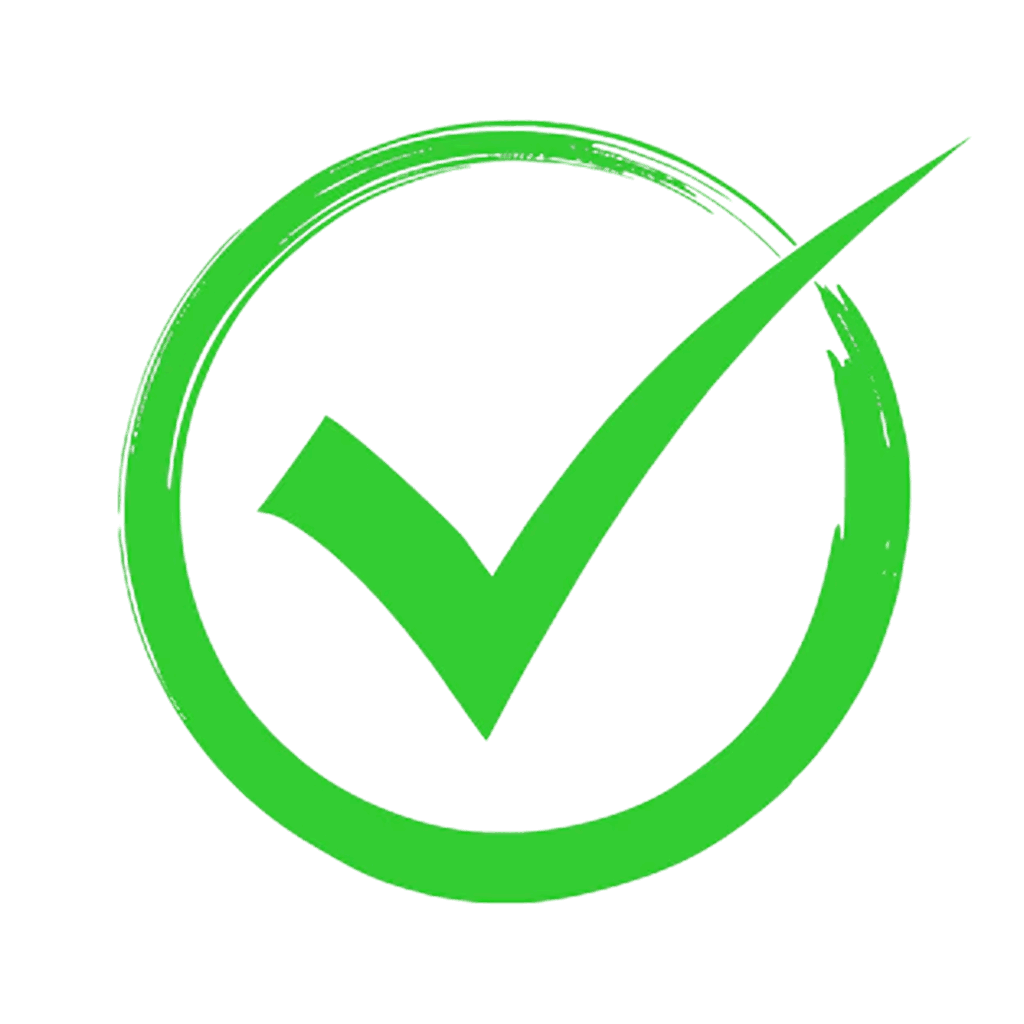Water is a finite resource, and as the population grows, industrial activities increase, and the climate changes, the water crisis deepens. People still need to pay more attention to it. Strong steps have yet to be taken for water management, nor has any focus on innovative solutions. Here, we present some statistics that will make you think about water management.
According to the Washington State Department of Health, the average person wastes up to 30 gallons of water daily.
According to U.S. Geological Survey estimation, the United States uses 322 billion gallons of water daily.
70% of freshwater withdrawals are used for agriculture, 20% for industry, and 10% for home.
2014, India had the highest share of freshwater withdrawals, at more than 760 billion m3. China has more than 600 billion m3, followed by the United States, which has 480-90 billion m3.
These figures show that traditional water management methods have failed and that innovation is needed. People see IoT-Based Smart Meters as a major solution under this innovation. Let’s check out more about it.
What are IoT-Based Smart Meters? How can they Prove to be an Innovative Solution for Water Management?
IoT-based smart meters have completely transformed water management. These smart meters are quite different from traditional meters. While we only knew water usage units before, smart meters now have modern sensors, innovative communication technologies, and advanced data analytics. With these technologies’ help, users now get real-time monitoring of water usage, which can significantly strengthen water management.
Core Components of an IoT-Based Smart Meter
An IoT-based smart meter is composed of several key components:
Sensors: These are the most essential parts of smart meters, and they measure water flow accurately. These sensors measure the minute changes in water usage with great precision.
Communication Modules: These modules enable the meter to transfer data to a central server or cloud platform. It uses Wi-Fi, cellular networks, or low-power wide-area networks (LPWAN).
Data Processing: Sensors collect real-time data, which systems process to obtain information about water usage and usage patterns immediately.
Real-Time Collection of Data and Transmission
Those IoT platform-based smart meters can collect water consumption data in real time to increase efficiency. Where traditional meters have a manual reading system, smart meters collect data with the help of sensors and send it to a centralized system hub, which provides instant monitoring of water consumption and information about water usage to consumers and providers.
How do IoT-based smart meters optimize water consumption and bring down water usage?
- By providing Consumers with Real-Time Data
One of the major advantages of IoT-based smart meters is their ability to provide consumers with real-time information on their water usage. Users can easily access this information through their mobile apps and monitor their water usage. In addition, consumers can reduce water wastage by setting specific targets for their water usage.
- By Water Budgeting
The easiest way to improve water conservation is water budgeting. Smart meters help users maintain a water budget by providing historical data and water usage patterns. Based on this information and a set budget, the consumer can make a water consumption plan to use water smartly while keeping within his budget.
- Data Visualization
IoT platforms come with data visualization tools, which help consumers understand water consumption patterns. Data is shown in graphs and charts On these platforms. Users get information about peak usage times, seasonal variations, and potential inefficiencies. All these things collectively help users take proactive measures for water optimization
- AI-Driven Insights
AI has further enhanced the benefits of IoT-based smart meters. With its help, large datasets can be easily analyzed. Based on those data sets, consumers can get predictive insights, make improvements, and even automate water usage adjustments.
How do IoT-based smart meters help prevent water leaks?
- IoT-based smart meters excel in water consumption patterns. The system notifies the user of a potential water leak if it observes an unusual increase in water consumption.
- With the help of smart meters, water utility bodies can remotely monitor water usage and leakage and prevent water wastage by identifying any leakage beforehand.
- Data from smart meters can help identify infrastructure issues that may lead to leaks, allowing for preventive maintenance.
- Smart meters provide information about areas that enable early detection and stopping water leaks.
What is the Role of IoT Platforms in Water Management?
To fully utilize smart meters, we must deploy them successfully, requiring a robust IoT platform. These platforms handle data ingestion, processing, and storage efficiently. With IoT platforms, the full benefits of smart meters can be realized.
Key Features of a Strong IoT Platform for Water Management
Always consider the following features when using an IoT platform for water management. IoT platform should include:
Ingestion of Data: The IoT platform can easily handle the vast amount of data processed by smart meters.
Data processing: The IoT platform can do real-time data processing so that timely insights reach both the consumer and the provider.
Data Analysis: The IoT platform must provide advanced analytics to detect water usage patterns, allowing timely action.
Visualization: The dashboard of the IoT platform should be user-friendly so that the consumer can easily access any information.
Integration: The platform can integrate with any tool or system to improve the overall system’s efficiency.
Conclusion
IoT-based smart meters have significantly transformed the field of water management. With the help of these meters, both the consumer and the provider can see real-time data on water usage, and any water leaks can be detected at the initial stage. With the integration of robust IoT platforms, these smart meters can provide various benefits to users, such as reduced water wastage, cost savings, and enhanced conservation efforts. As the global water crisis deepens, the need for these IoT-based smart meters also increases so that a sustainable future can be achieved.





